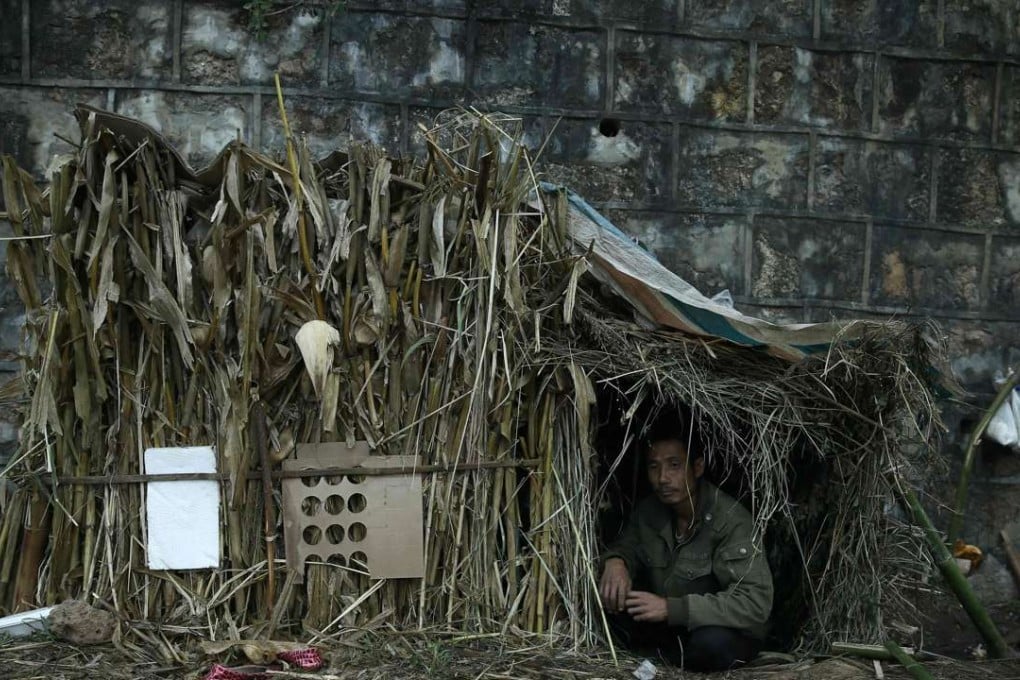Dialogue and consultation the way to build lasting stability in Myanmar
Bringing all parties into inclusive agreements is necessary to end the fighting and secure China’s interests

Fighting between four ethnic armies and Myanmar’s military near the border with China puts into perspective the challenge for Aung San Suu Kyi’s government in assuring stability. Three of the armed rebel groups were not included in negotiations for a nationwide peace settlement, making them targets for soldiers. Battles in Shan state since they launched coordinated attacks on government and military posts have killed at least 10 civilians, injured dozens and forced thousands from their homes, with at least 3,000 fleeing to safety in neighbouring Yunnan province. Beijing’s call for restraint is welcome, but the long-term goal for authorities has to be ensuring that accords are inclusive.
With at least 135 ethnic groups in Myanmar, each with their own history, culture and language, coming up with a deal that is all-inclusive is challenging. It is even more so given that ethnic Burmans, who account for two-thirds of the population, control the military and government. Suspicions, resentment and perceived privilege have to be overcome, particularly in the border regions with China and Thailand, which have been restive for most of the seven decades since independence from Britain.
In the fighting that erupted late last month, one of the most powerful militias, the Kachin Independence Army, joined the smaller, majority ethnic-Chinese Myanmar National Democratic Alliance Army, the Ta’ang National Liberation Army and the Arakan Army.
All have been in stand-offs with the military since clashes last year that killed five people in Yunnan. Eight armed ethnic groups, the Arakan among them, signed a ceasefire deal in October last year, but the seven others that refused to join were excluded from a major peace conference in August. By attacking civilian targets, they gained attention to their demands to be involved in the talks and highlighted allegations of mistreatment of ethnic minorities by the military. Many people in Yunnan and Shan state have close ethnic, cultural and even family links.
Chinese and their interests have to be protected. But Beijing’s most effective strategy is to encourage dialogue and consultation.